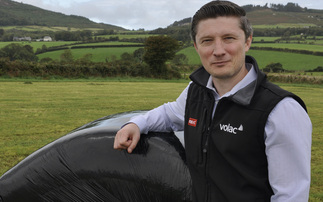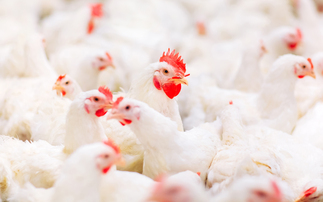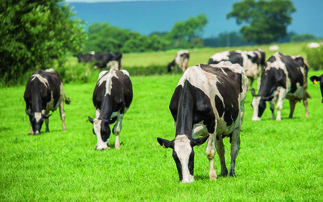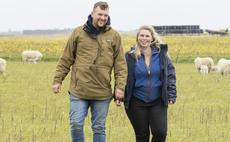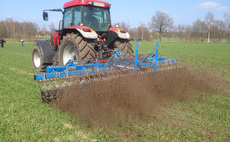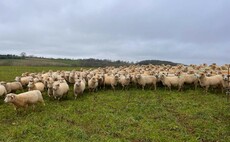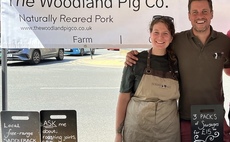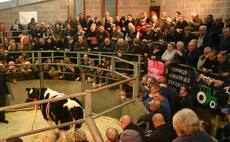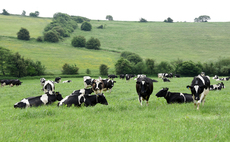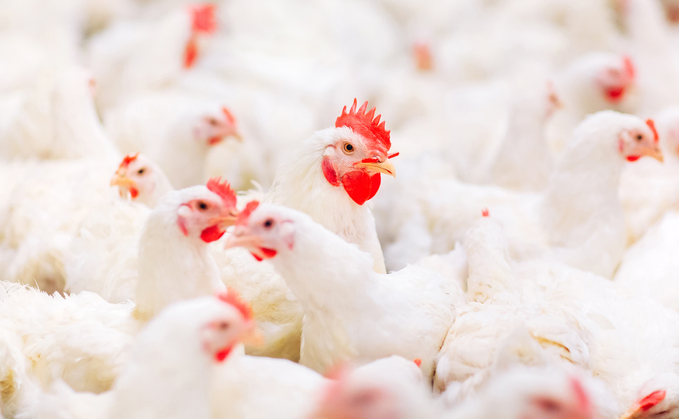
Dan Clow, Sales Specialist (Pig & Poultry) with Neogen comments that even though avian influenza was less of a problem than had been predicted over the winter, producers need to remain vigilant.
"Poultry units remain at risk of a broad spectrum of pathogens where infections can reduce growth, rate of lay, egg quality, duration of lay or mortality. However, it is possible to reduce these risks by the development and implementation of strict disinfection routines as part of the biosecurity measures."
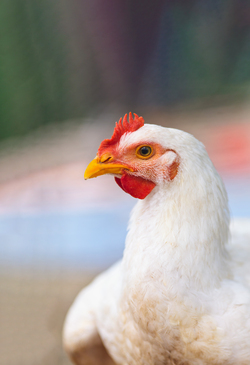
No one size fits all
Dan emphasises the need to ensure any programme addresses the issues on the specific unit, saying a range of factors will inform the design of the most effective programme.
These include:
- Spectrum of pathogens
- Seasonal temperature fluctuations
- Surface types
- pH
- Disease outbreaks
"By selecting the most appropriate cleaners and disinfectants to address the challenges on your unit it is possible to achieve more effective overall hygiene and help reduce the risk of pathogenic disease."
Neogen offers an extensive range of cleaning products and disinfectants approved for use on poultry units. To help producers select the optimum combination, Neogen has developed a programme that can be tailored to the individual farm. A Neogen expert will visit the farm and advise on a custom-designed disinfection programme.
Contact [email protected] for more information.
New addition to control programmes
To help increase the effectiveness of disinfection strategies, Neogen® Farm Fluid MAX is a new dual-action disinfectant designed for use in challenging farm conditions and is formulated for use as part of a Neogen Pathogen Control Programme. It is particularly effective for use within a coccidiosis control programme.
It is proven to challenge and destroy coccidiosis oocysts, breaking the protozoa cycle and inactivating up to 100% of sporulated and non-sporulated oocysts. At 2% dilution, it has been proven to be effective on multiple field strains of Eimeria oocysts, including E. tenella, E. maxima, and E. acervulina.
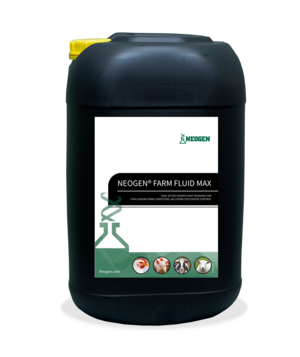
Neogen Farm Fluid MAX is a robust and powerful solution, formulated with chlorocresol (CMK), a second biocide, and other supportive ingredients including a solvent for increased solubility and a surfactant, making it the ideal solution for combating the challenges of difficult farm environments.
It can be used for a variety of applications for the general disinfection of both indoor and outdoor animal housing, as well as in wheel and boot dips with minimal degradation by direct sunlight.
This post is funded by Neogen.








